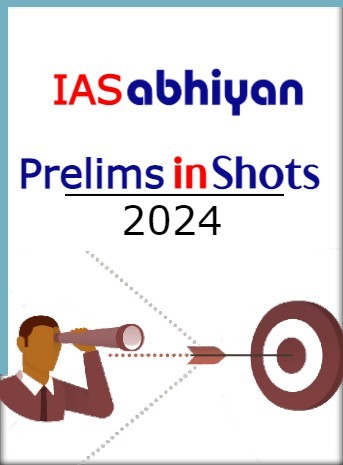Context
-
The Supreme Court recently invoked its extraordinary powers to do complete justice under Article 142 of the Constitution and ordered the release of A.G. Perarivalan in former Prime Minister Rajiv Gandhi assassination case.
About the Supreme Court Order
- The court held that the Tamil Nadu Council of Ministers’ advice on September 9, 2018 to pardon Perarivalan was binding on the Governor under Article 161 (Governor’s power of clemency) of the Constitution.
- The Governor had no business forwarding the pardon plea to the President after sitting on it for years together.
Source: The Hindu - The court protected federalism by holding that States had the power to advice and aid the Governor in case of pleas of pardon under Article 161 made by convicts in murder cases.
Non-exercise of power
- The advice of the State Cabinet is binding on the Governor in matters relating to commutation/remission of sentences under Article 161.
- No provision under the Constitution has been pointed out to us nor any satisfactory response tendered as to the source of the Governor’s power to refer a recommendation made by the State Cabinet to the President of India.
- In the instant case, the Governor ought not to have sent the recommendation made by the State Cabinet to the President. Such action is contrary to the constitutional scheme.
- It said the Governor’s delay to decide Perarivalan’s pardon for more than two years has compelled the court to employ its constitutional powers under Article 142 to do justice to Perarivalan.
- After all, the court said, a Governor’s nonexercise of power under Article 161 of the Constitution was not immune from judicial review.
Centre’s stand rejected
- The Court dismissed the Centre’s argument that the President exclusively, and not the Governor, had the power to grant pardon in a case under Section 302 (murder) of the Indian Penal Code.
- The court dismissed the Centre’s argument that the President exclusively, and not the Governor, had the power to grant pardon in a case under Section 302 (murder) of the Indian Penal Code, saying this contention would render Article 161 a “dead-letter” and create an extraordinary situation whereby pardons granted by Governors in murder cases for the past 70 years would be rendered invalid
- The Centre had banked on a Constitution Bench judgment in Union of India versus v. Sriharan in December 2015, to argue that Section 432(7)(a) of the Code of Criminal Procedure (Cr.PC) gave primacy to the Union and not the States when the case was tried under a law to which the executive power of the Union extended to.
Power of pardon
- The constitutional power of pardon of the President or Governor was “untouchable and unapproachable and cannot suffer the vicissitudes of simple legislative processes.
Reference:
Visit Abhiyan PEDIA (One of the Most Followed / Recommended) for UPSC Revisions: Click Here
IAS Abhiyan is now on Telegram: Click on the Below link to Join our Channels to stay Updated
IAS Abhiyan Official: Click Here to Join
For UPSC Mains Value Edition (Facts, Quotes, Best Practices, Case Studies): Click Here to Join


